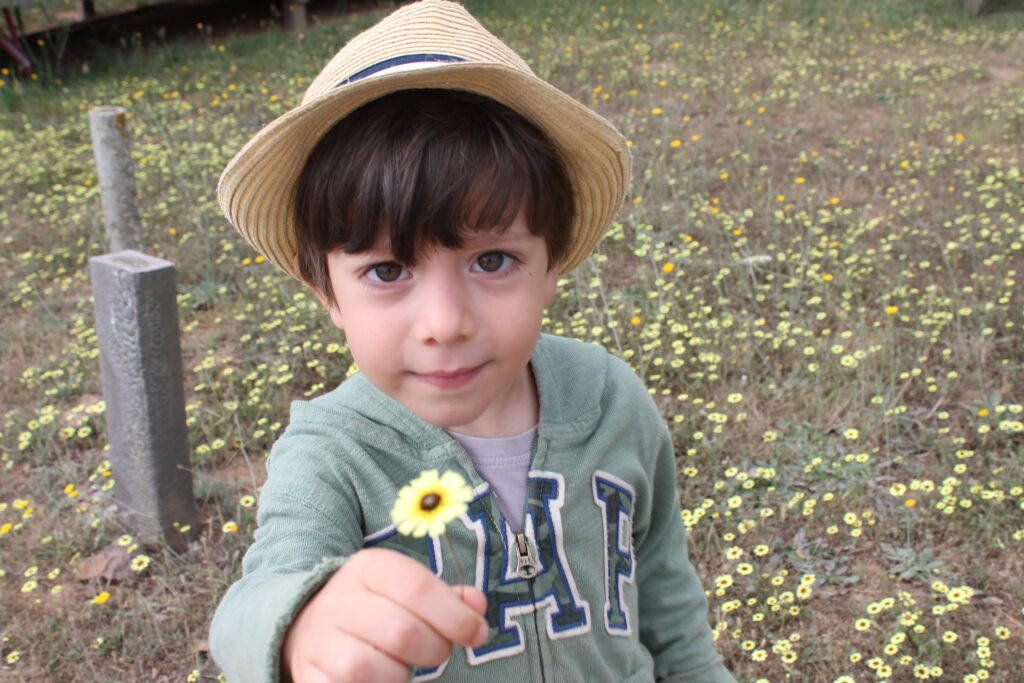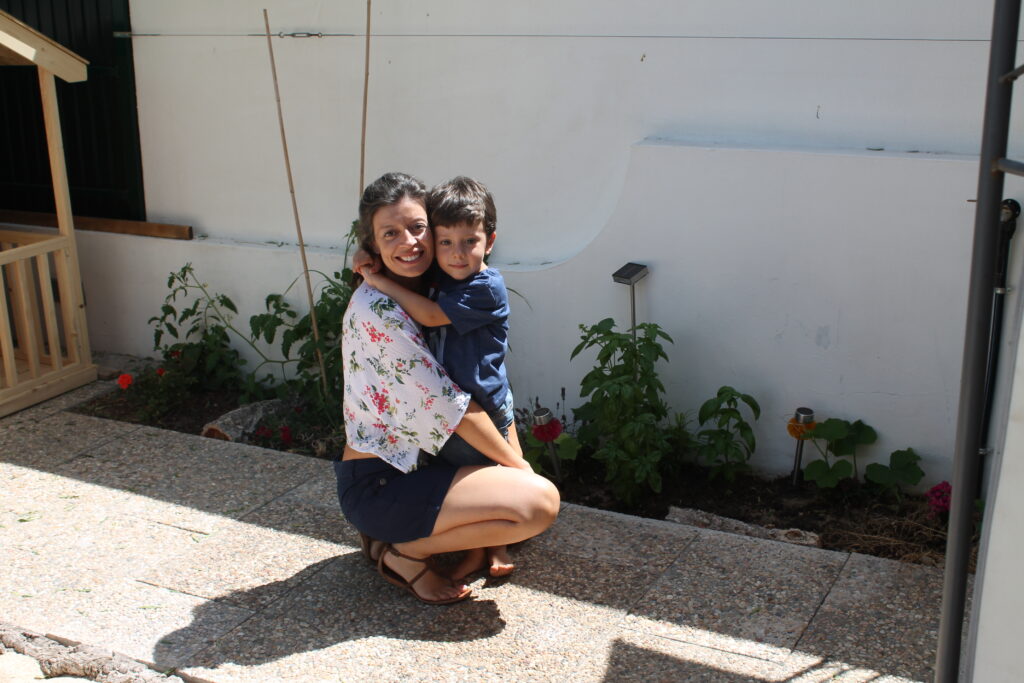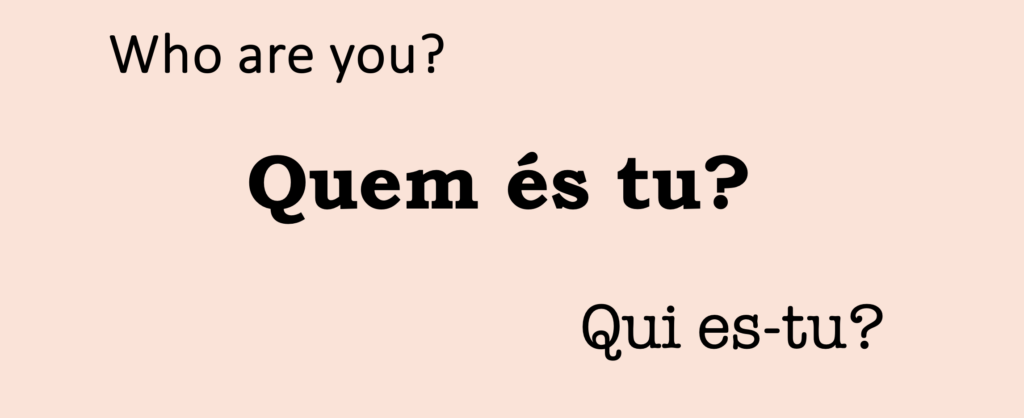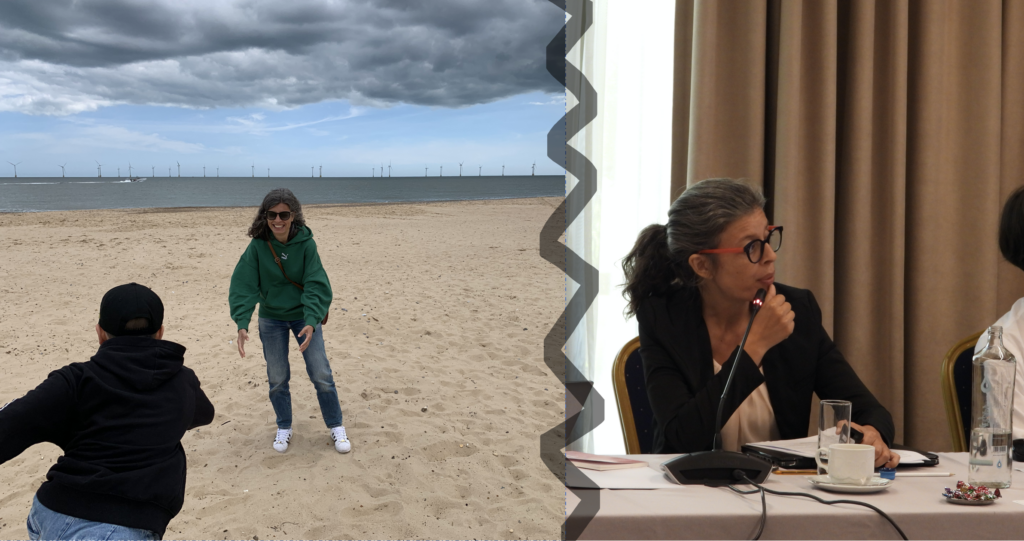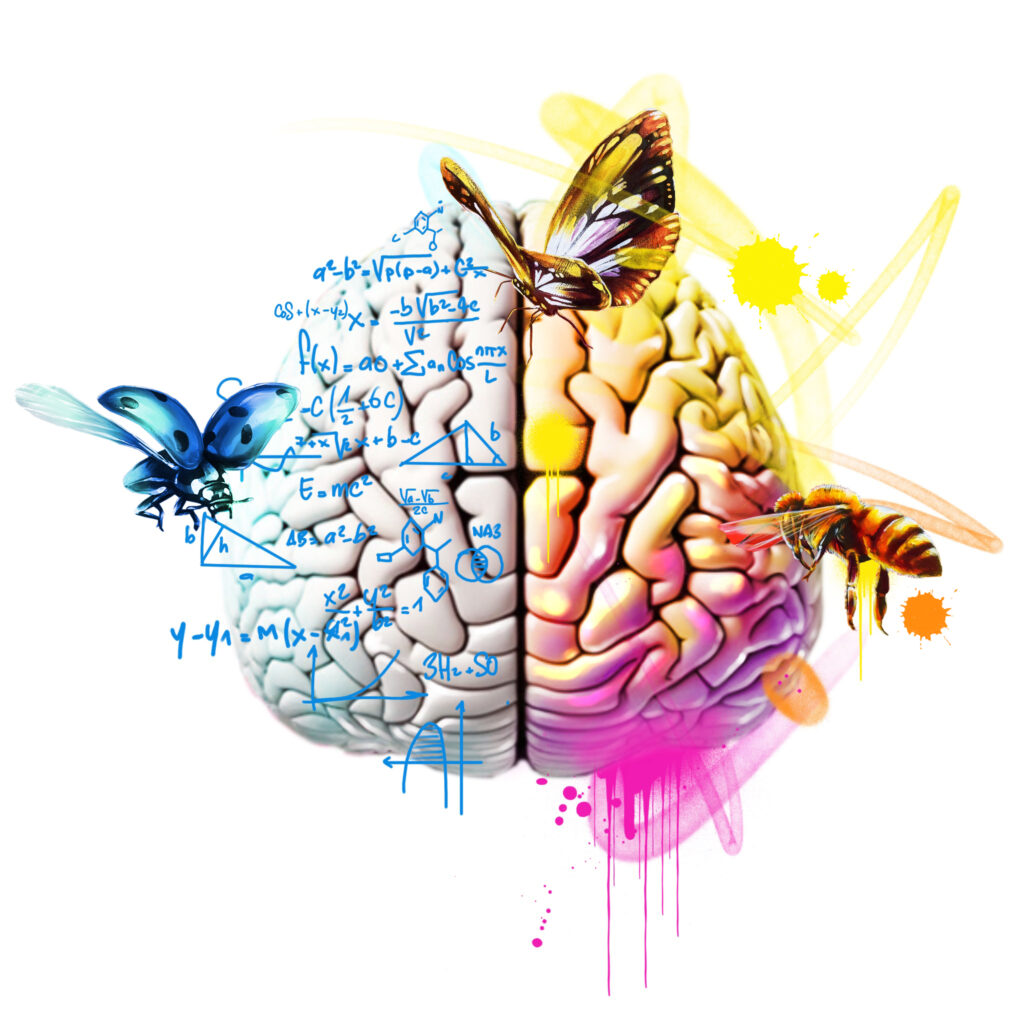For many years I have wondered, given that we have so much knowledge and resources nowadays, why so many children and adults are still living in poverty, many of which even in extreme poverty, or why we seem to remain powerless in the face of growing inequalities or other issues that should make us move mountains, such as the climate crisis. I remember, at the beginning of my career, asking an English professor:
– (In the UK) You have specialised institutes, departments dedicated to children, innovative social research, action plans with dedicated budgets, etc, etc. How is it that the situation of children in the UK is one of the worst among the richest countries in the world?*
He smiled and replied somewhat sarcastically:
– We don’t like children very much.
*In 2008, UNICEF published its Report Card 7 on child poverty in rich countries, placing the UK at the bottom of the comparative table.
In fact, we live in a privileged era. Today, more than ever, we have knowledge about all the areas that affect the human being at a physical, psychological and spiritual level, the functioning of the brain or the impact that adverse childhood experiences have throughout life (1). We have advanced medicine and technology, capable of responding to unimaginable challenges, but also the resources to eradicate hunger and disease, to adopt legislation, policies and programmes with an effective impact on the situation of children, to establish and guarantee quality services and to reverse climate effects. We have innovative training methodologies. We are capable of transmitting knowledge and transforming socially rooted beliefs. In short, we have everything in our power to change society and literally save humanity. So what’s stopping us?
In 2008, in his speech on Martin Luther King Memorial Day, Obama repeatedly spoke of an “empathy deficit” (2).
“Unity is the great need of the hour – the great need of this hour. Not because it sounds pleasant or because it makes us feel good, but because it’s the only way we can overcome the essential deficit that exists in this country.
I’m not talking about a budget deficit. I’m not talking about a trade deficit. I’m not talking about a deficit of good ideas or new plans.
I’m talking about a moral deficit. I’m talking about an empathy deficit. I’m talking about an inability to recognise ourselves in one another; to understand that we are our brother’s keeper; we are our sister’s keeper; that, in the words of Dr. King, we are all tied together in a single garment of destiny.
We have an empathy deficit when we’re still sending our children down the corridors of shame – schools in the forgotten corners of America where the color of your skin still affects the content of your education.
We have a deficit when CEOs are making more in ten minutes than some workers make in ten months; when families lose their homes so that lenders make a profit; when mothers can’t afford a doctor when their children get sick…”
This week I had the privilege of following closely the work of an international committee that monitors the implementation of the world’s only convention for the protection of children against sexual abuse and exploitation. There was an important document on the table to be adopted. It was the fourth meeting to discuss it and the discussion was once again heated and the debate seemed to be leaning towards a more conservative option. At one point, one of the members of the committee, representing a member country, asked to speak and, with the strong, calm voice that characterises him, said:
– Dear colleagues, let’s remember our role here. Today, we cannot speak as lawyers or as representatives of a system. As stipulated by the rules of this committee, we have been chosen from the highest levels of our governments as experts on children’s rights, to defend their interests. Above all, we are here to protect children, not legal systems.
I was already moved by the discussion, but at that moment, I got goose bumps. After his intervention, other members of the committee dared to forget that they represent governments and that above all they must do their best to protect the interests of children. But, perhaps more importantly, those professionals dared to show their emotions, appealed to their colleagues to try to put themselves in the victims’ shoes and imagine what it would be like to live a lifetime with the consequences of sexual abuse experienced in childhood. There was even one lady who dared to say: “I have a daughter, I can’t even imagine how I would feel if such an experience happened to her.”
I wanted to personally thank each and every one of them for their courage, for reminding us that in our work we are always talking about children, about human beings with their own feelings, emotions, thoughts, desires and pains. This whole plenary session made me think about the importance of empathy in politics. Everything that is decided in political terms has an impact on people and the natural world. Everything! Everything we decide in political terms has a personal impact, so we need to bring empathy into politics. We need to learn to make decisions based on feelings, emotions, empathy, compassion and even love. Why will we be worse professionals if we think first of the person and then of the system? In what world are we supposed to disconnect from our emotions and adopt policies that have an impact on health, family economy, education, the environment and other areas, without thinking about the people who will be affected?
I have never been able to separate emotion from my work. In technical discussions, I don’t see the difficulties of a legal, political or operational system; I only see the imperative to protect children and improve their lives. I only see the need to understand how we can strengthen legislation, improve the quality of services, support the professionals who work with children and guarantee their rights to the extent of our resources, as advocated in the Convention on the Rights of the Child.
I look around me and see the fear in adults’ eyes, the fear of showing emotions because of the fear of appearing fragile, of being judged, of being considered lesser. The fear of saying out loud: children need love and I refuse to sign anything that guarantees less than the love, protection and attention that all children need, deserve and are entitled to.
I cry at almost every meeting of this committee that I follow. I cry because in every statistic presented I see the faces of children. I cry because I want to see courageous adults who bang their fists on the table against injustice, but all too often stubbornly fail to do so. I cry for a society that is afraid to love, to feel, to be moved and to say out loud “we are love and only love can save us”.
Loving makes me a better professional. I know it.
This week I learnt a lot about the value of empathy at work. It’s not just about daring to say “I want to protect children first and foremost”, we also have to listen to the other person’s side. Why do you defend the system before the children, we may ask? What drives you? Explain it to me, I ask, I want to understand your opinion. It will finally be in this confrontation that we will be able to meet and empathise with each other. It will be in that space, and only in that space, that we will finally be able to save humanity.
I will continue to work with my heart, to feel sad for the children I don’t personally know but who are suffering, to be indignant in the face of indifference, to love madly and to try – like the hummingbird – to make my small contribution in the only way I know how, with body and soul.
(1) To learn more about the impact of adverse childhood experiences, check out WHO’s work at: https://www.who.int/teams/social-determinants-of-health/violence-prevention/inspire-technical-package
(2) Lakoff, George. (2008, 2009) The Political Mind. A cognitive scientist’s guide to our brain and its politics. Penguin Books
